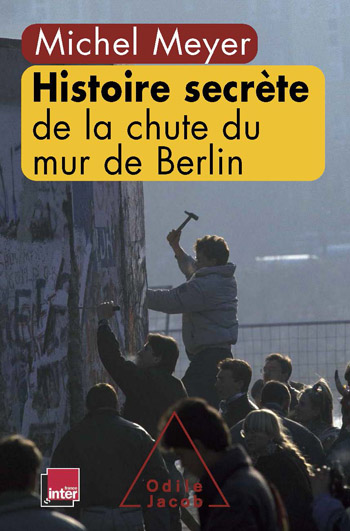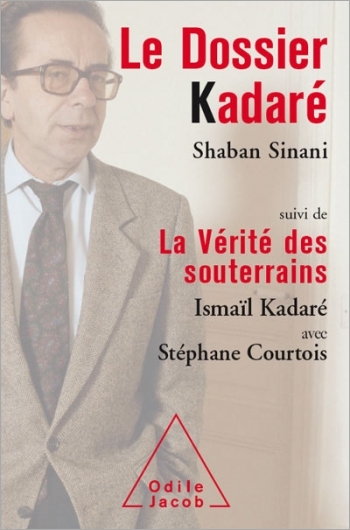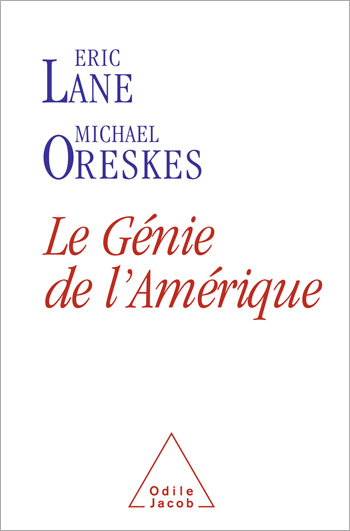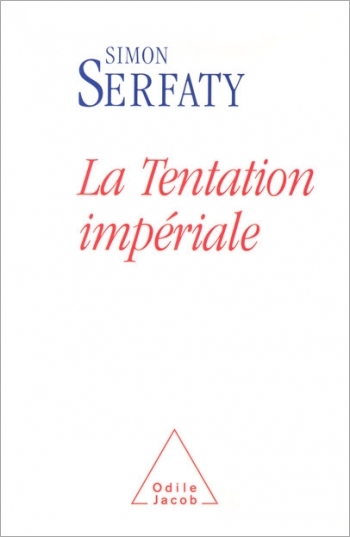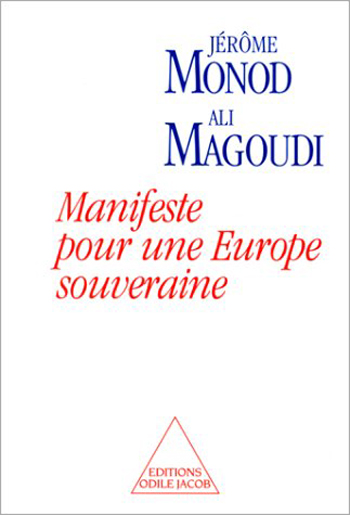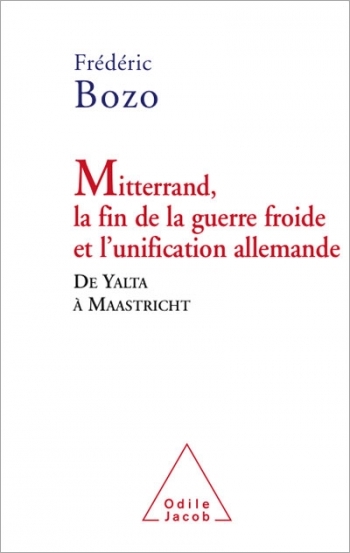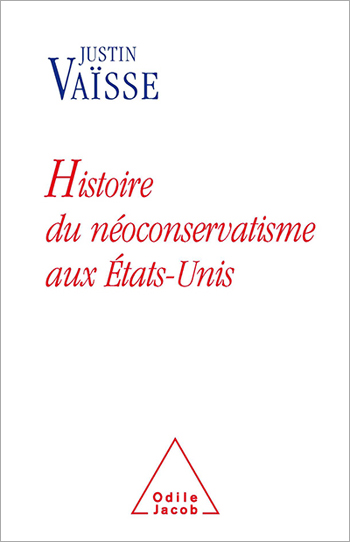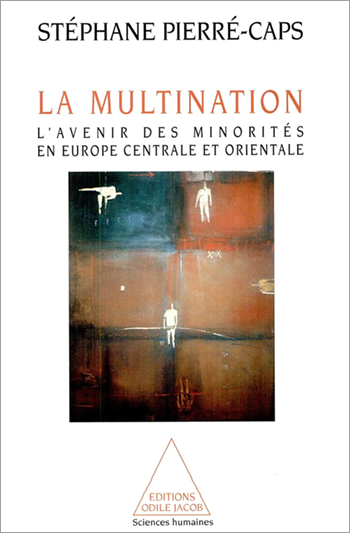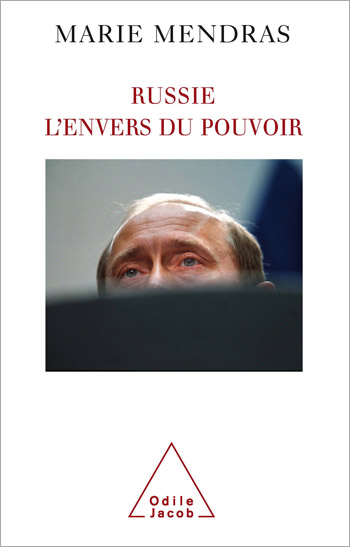History by country All books
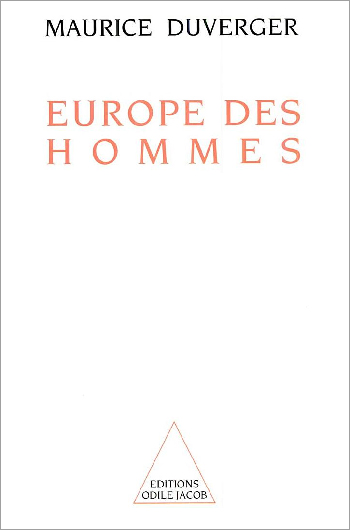
Maurice Duverger
Europe of Men
How is it possible to get many nations, separated by history, culture, political structures, to live together? If the European community functioned well with 6 members, in a mediocre way at 9, and at 12 members with difficulty, beyond, the E.E.C. will be ineffectual and paralyzed. One solution is available: to change the institutions. The author, a former member of the European Parliament, proposes here a new theory of federalism, the only way according to him, to progressively substitute to the power of the technocrats that of the members of Parliament and citizens.
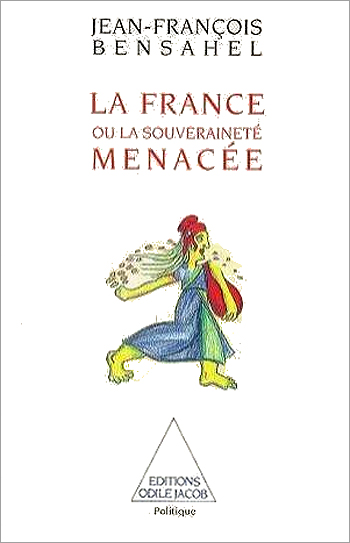
Jean-François Bensahel
France and Threatened Sovereignty
What may one hope for from a united Europe? What will be the future of France? Discouraging of both European illusions and those myths of the 1980s, the money-king and the triumphant individual, this work provides an indispensable reflection on how to tackle the difficult years ahead, to avert the explosive risks that weigh heavily on society and restrict the actions of the French State. Jean-François Bensahel, an ex-student of L'Ecole Normale Superior and the Ecole de Mines, holds a graduate degree in mathematics and is a high-level functionary.
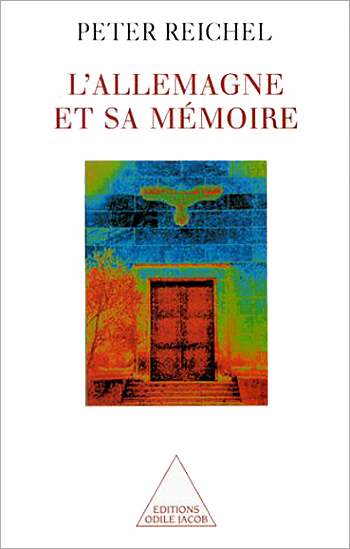
Peter Reichel
Germany and its Memories
How has Germany absorbed the heritage of National Socialism? What became of the Nazi buildings in Munich and Berlin? Have they been destroyed, rebuilt or abandoned? What is the significance of the present state of the concentration camps of Buchenwald, Dachau, and Ravensbrück? Does their condition signify an active desire to commemorate the past, or rather of a wish to make it commonplace? Peter Reichel draws on examples from one city after another, and sometimes in one neighbourhood after another, to highlight the hesitations and the contradictions of a nation confronted with a past that will not, or should not, go away.
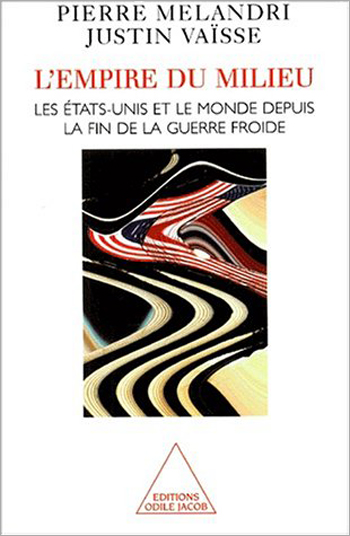
Pierre Mélandri, Justin Vaïsse
The Middle Kingdom The United States and the World Since the End of the Cold War
"No one would deny the central role played by the U.S. More than any other nation, it has shaped the world we live in and will continue to do so for several years to come. For this reason, it is essential to judge its actions abroad in a manner that is as free of clichés as it can. Our goal was to present the reader with as complete a picture as possible of U.S. presence in the world, without neglecting any episode or omitting any angle that could be insightful." Pierre Mélandri and Justin Vaïsse Justin Vaïse is a historian. Pierre Mélandri teaches at the University of Paris III-Sorbonne Nouvelle.
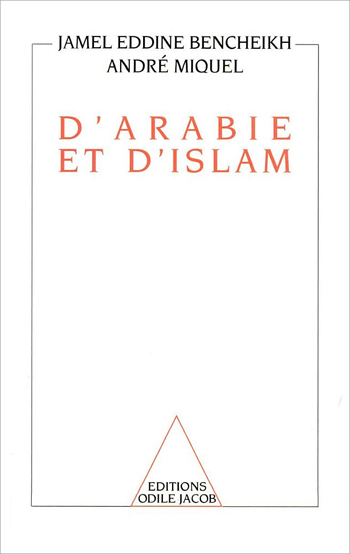
André Miquel, Jamel Eddine Bencheikh
Of Arabia and Islam
Two French specialists on Islam, one Algerian, the other a native Frenchman, discuss Islam and its confrontation with the Western world. Interweaving references to the past and present, they recount a long history of cultural confrontation, marked by continuous debate and violent conflict, repulsion and fascination. Resolutely optimistic, yet painfully aware of the religious intransigence which enshrouds their subject, their conversations shed new light on the conceptions of power and unity within the Muslim world.
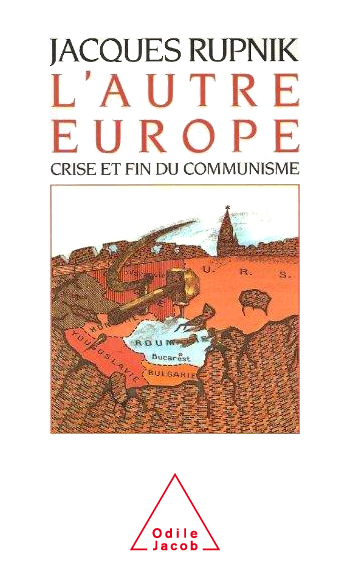
Jacques Rupnik
The Other Europe The Crisis and End of Communism
The crumbling of the Berlin Wall marked the end of the divided Europe that was inherited from Yalta, and the renaissance of Central Europe, so neglected and forgotten that it is often simply referred to as the East. Originally from Prague, Jacques Rupnik is one of the top specialists in France of this "Other Europe". In this work, he delivers the results of a long investigation of both the terrain and the historical thought leading from the nationalisms of the last century to the Gorbachev factor.
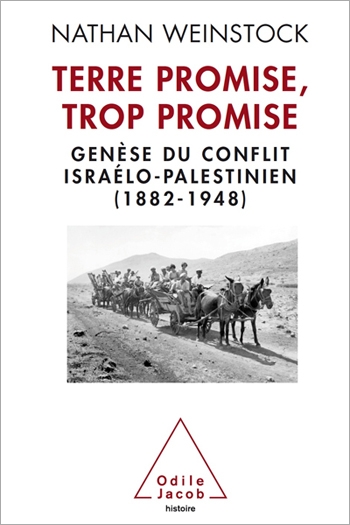
Nathan Weinstock
The Promised Land that Promised Too Much
This vast investigation, based on new sources, will transform the prevailing vision of the Arab-Israeli conflict and of its origins.

